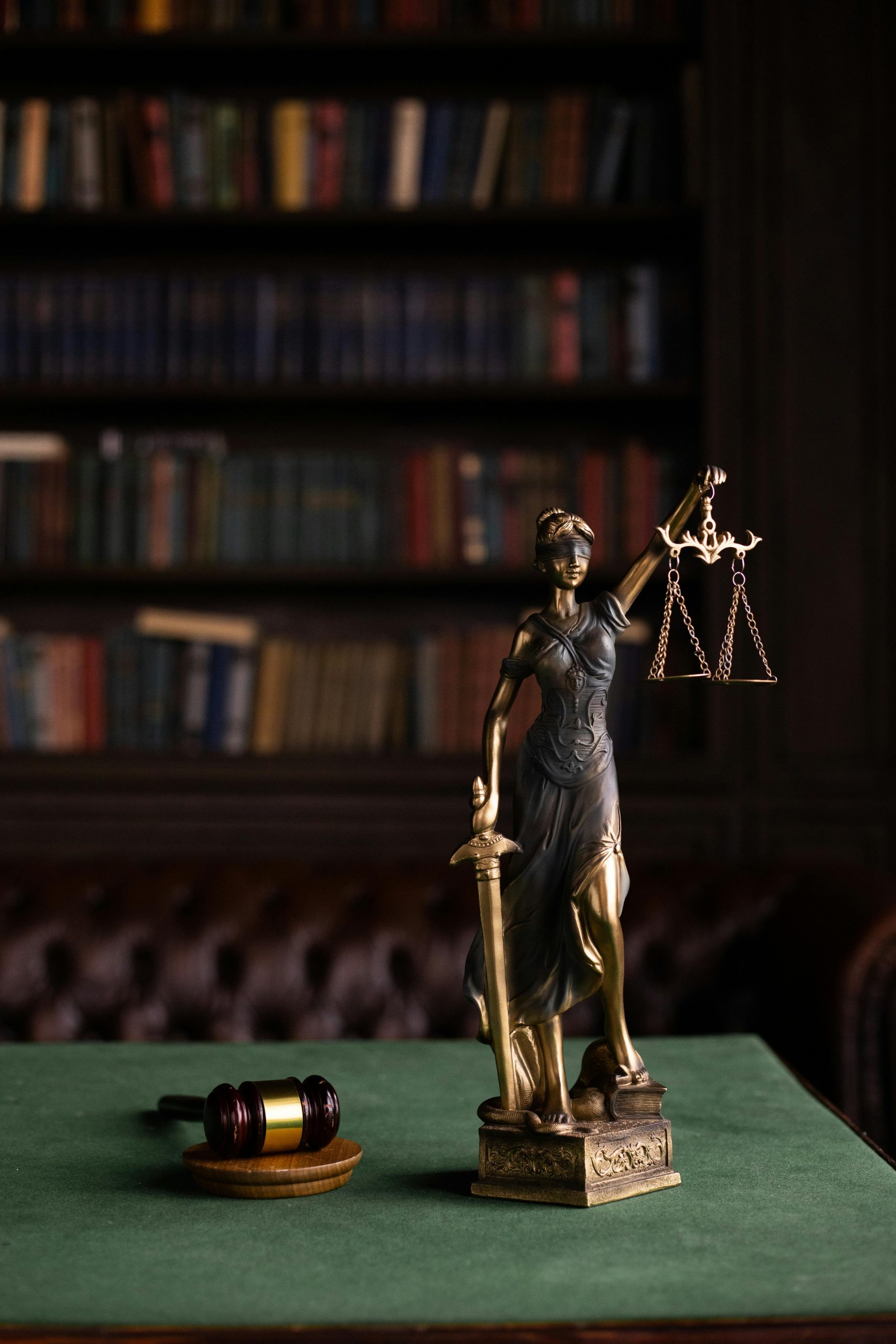Anthropic just won its federal court case on its use of 7 million copyrighted books as training material – WTH?
Major Legal Victory for Anthropic in Fair Use Case Over AI Training Data
In a recent groundbreaking legal decision, Anthropic has secured a significant victory in its dispute over the use of copyrighted material to train its AI models. The case centers around Anthropic’s use of over seven million books, many of which are protected by copyright, raising critical questions about intellectual property rights and artificial intelligence.
Key Details of the Case
Anthropic faced a lawsuit from authors alleging that the company trained its flagship AI model, Claude, on copyrighted books without obtaining appropriate permissions. In a notable ruling, Judge Alsup characterized the training process as “exceedingly transformative,” qualifying it as fair use under existing law. Despite the number of books involved—an estimated seven million—the court appeared to sideline concerns over potential damages, which could theoretically amount to over a trillion dollars based on statutory penalties, but the judge did not emphasize this aspect.
How This Ruling Differs from Google Books
This case stands apart from previous fair use discussions, like those involving Google Books. Google’s project involved showing snippets of books to aid discovery and purchasing—an activity that added value without replacing the original works. Conversely, Claude generates content that directly competes with the source material, effectively transforming the underlying works into training data that can produce similar or derivative content. While Google pointed users back to the original books, AI models like Claude can substitute or rival the copyrights they were trained on.
Legal Nuances and Concerns
Fair use determinations typically weigh four factors, with market harm often deemed most critical. When an AI uses copyrighted works to produce outputs that compete with the original works—such as writing similar books—this can be seen as potential market harm. Although derivative work protections (per 17 U.S.C. § 106(2)) seem applicable, the court’s reasoning largely bypassed this aspect. Additionally, the analogy of AI to “an aspiring writer” was criticized for oversimplifying the issue, as humans cannot recall and process millions of works with perfect accuracy.
Potential Implications for Creative Industries
This case sets a concerning precedent, hinting that training an AI on copyrighted material might be automatically considered fair use, regardless of scale or intent. Such a viewpoint could quickly extend to other creative fields; for example, visual artists are already facing legal challenges, with companies like Disney and Universal suing AI art generators like Midjourney. If this trend continues, it Risks transforming entire industries—music, journalism














Post Comment